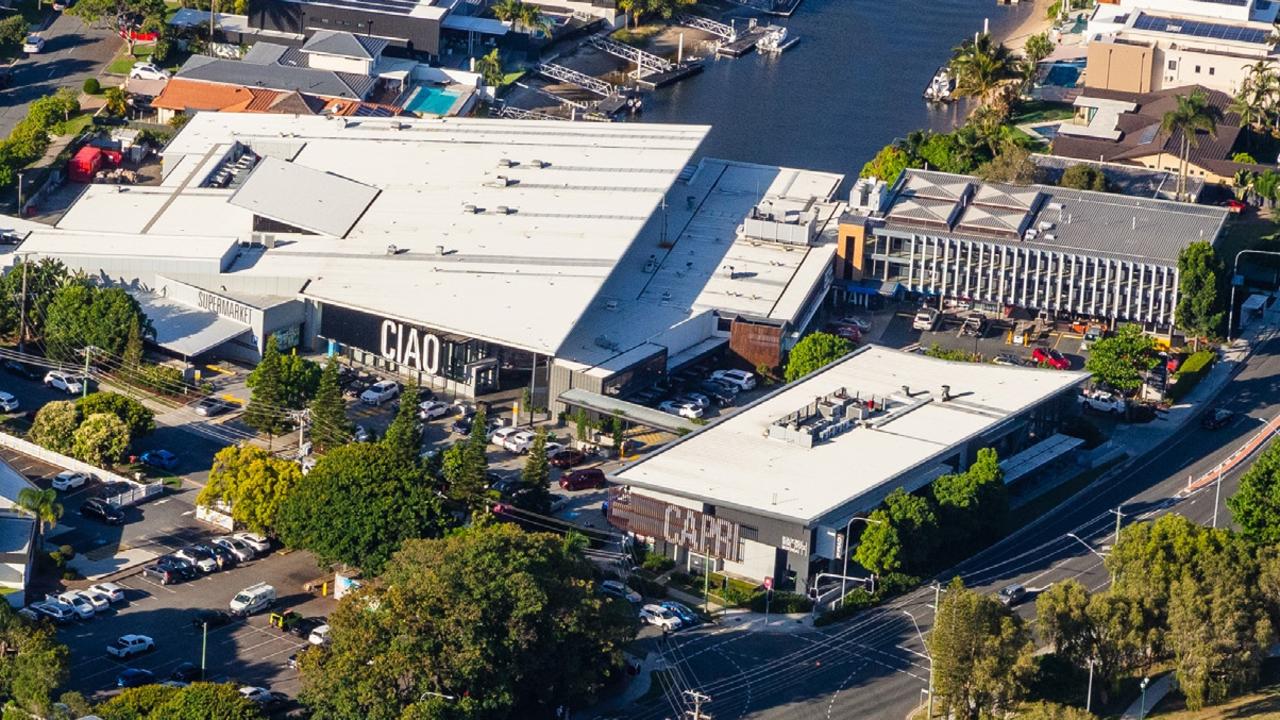Accused Goldsky Ponzi boss Kenneth Charles Grace: car dealer-turned high-flyer now facing jail
Facing bankruptcy and a likely stint in jail, an accused Ponzi scheme boss squeezed the trigger of a handgun, firing a bullet into the television of his casino hotel room. Here’s what happened next

Business
Don't miss out on the headlines from Business. Followed categories will be added to My News.
If the past five years of Ken Grace’s life were a movie, the opening scene would take place in a 12th-floor hotel room at The Star Grand on the Gold Coast.
Facing bankruptcy, years of inevitable court grillings and a likely stint in jail, the accused Ponzi scheme boss squeezes the trigger of a handgun, firing a bullet into the television of his casino hotel room.
Tossing the loaded weapon over a balcony to the garden bed below, he emerges from the Broadbeach tower into the mild October daylight.
Staff at The Star Gold Coast had earlier locked down the floor and phoned police after a security guard went to Grace’s room to see why he hadn’t checked out on time.
Grace greeted them, pointing what staff believed was a gun, asking “you want a bullet in your f***ing head c***?”.
In court it was revealed Grace – who was later charged with weapons and other offences – had never intended to check out of the hotel after that two-night stay in 2019.
A two-page note was found in his room and he went straight from the hotel to Tweed Heads Hospital.
It was a scene far removed from his high-flying life just two years earlier, when he was rubbing shoulders with celebrities and splashing cash like he’d won the lotto.
But Grace, a former car dealer, didn’t buy a ticket for his temporary windfall, and the money was never his to spend.
It’s 2010, and Ken Grace goes with his future wife, Jane Marzin, to Tweed City Cinemas to watch Wall Street: Money Never Sleeps.
The smiling pair appears casual and comfortable in a photo taken by the Tweed Daily News, carrying a couple of choc tops into the film about disgraced corporate raider Gordon Gekko.
For Ken Grace, Gekko’s catchphrase “greed is good” could not have been more prophetic.
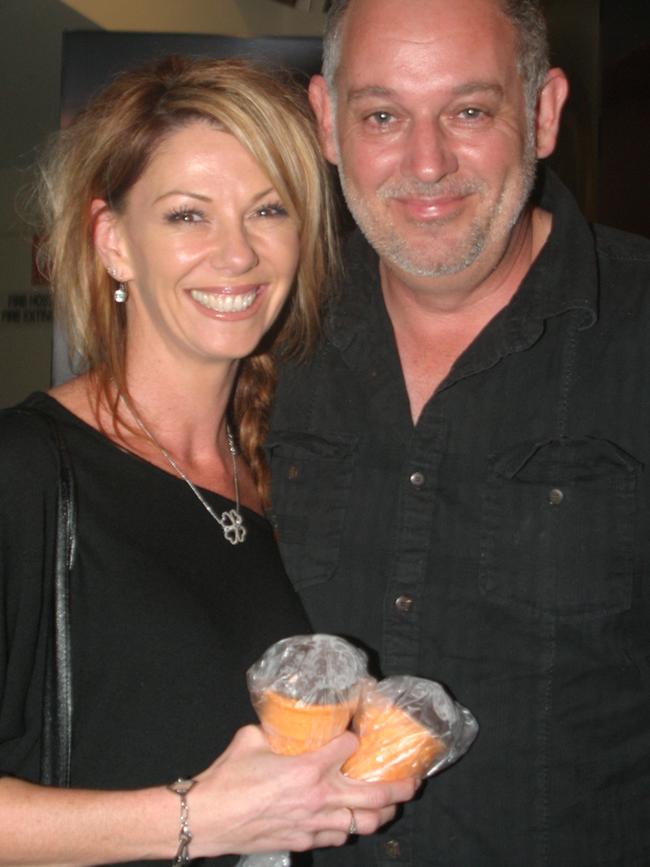
It’s 2017 and 2018, and Grace’s Goldsky scheme has attracted more than 40 investors, including big names with six-figure buy-ins.
Those investors, who weren’t accused of wrongdoing, included former swim coach Scott Volkers, Olympic swimming legend Samantha Riley, cyclist Robbie McEwen and Brisbane Lions champion Simon Black.
To pull in new money, Grace boasted 24 per cent investment returns by using a computer program that he said “scraped the internet” to pick winning stocks.
One prospective investor was referred to other Goldsky staff, described by Grace as the hedge fund’s “data lead”, “data researcher” and “Python developer”.
In reality, the staff turned out to be mates of Grace – a car dealer, a bitumen road layer and a concreter.
Staff later testified in court the computer program “was just a total lie”.
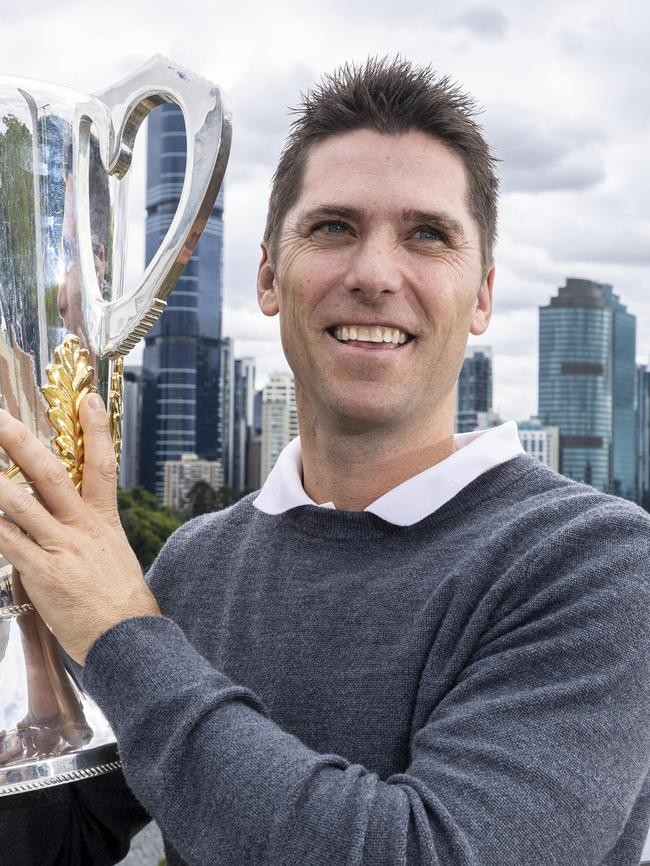
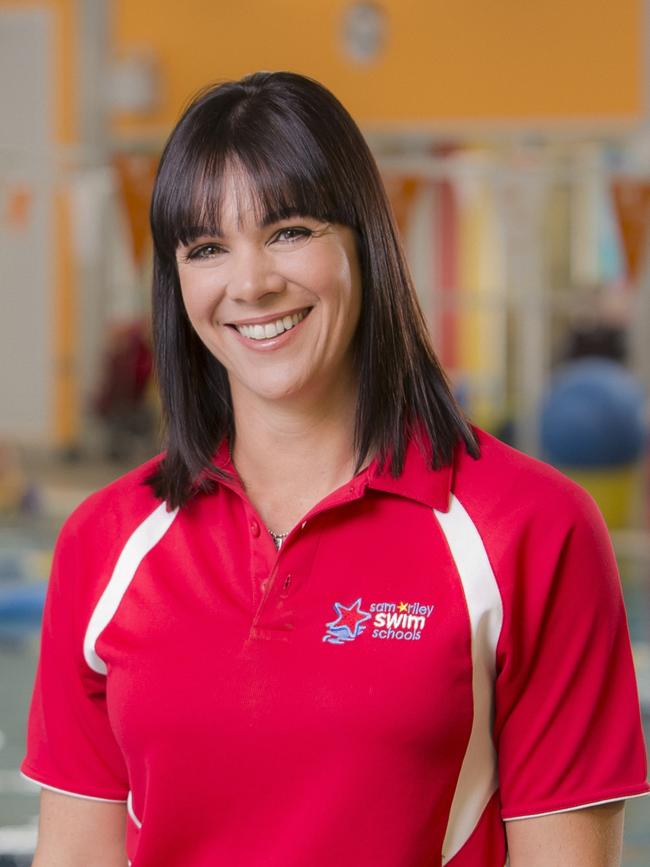
Millions of dollars were transferred from the hedge fund into personal accounts belonging to Grace and his wife Jane.
One transfer was for $5.53m, while another for $3m was made in late September 2018, the Federal and Supreme Courts would eventually be told.
As quickly as the cash rolled in, much of it rolled straight back out.
The court heard Grace gifted his son, Austen Grace, a BMW and a Mercedes-Benz, as well as a Rolex watch.
Grace paid $17,000 for a private jet to fly his 18-year-old stepdaughter, Zoe Marzin, from the Gold Coast to Sydney for a breast enlargement.

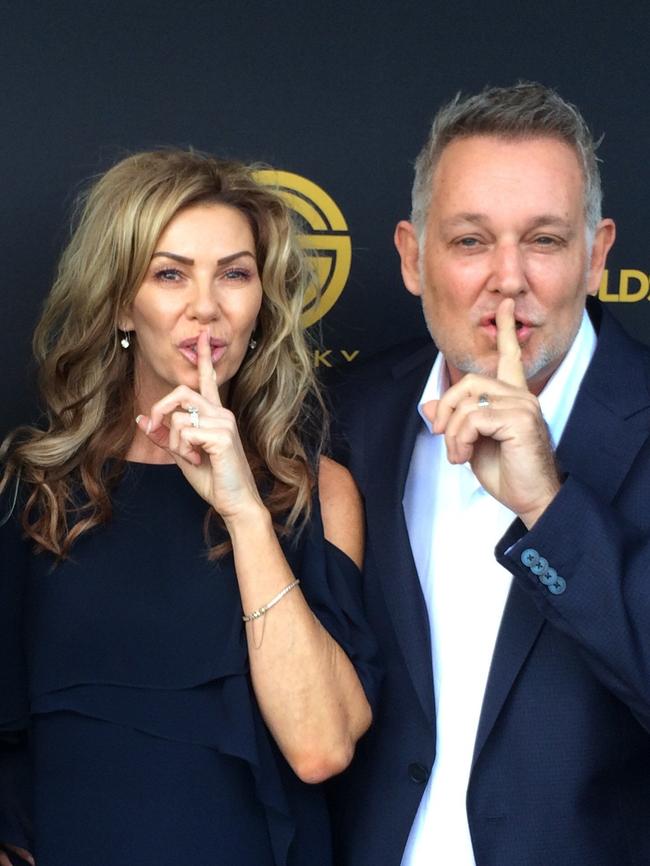
Neither Jane Grace nor the family was charged with any wrongdoing.
Another $14,025 was spent at a beauty spa in the tax haven of the Cayman Islands.
According to court documents, the family took a holiday in Sydney, spending $144,000 for stays at the five-star Park Hyatt hotel and taking a ride on a 35-foot chartered yacht.
Funds for the couple’s $1.8m house at Kingscliff were paid from Goldsky accounts.
The court heard a $250,000 lease fee for the care-home accommodation of Grace’s elderly mother Faye was also paid for by the purported hedge fund.
All the while, very little actual investment was taking place.
Grace did not keep his generosity in the family, launching a homeless youth charity, Sleep Safe Sleep Sweet, with World champion surfer Joel Parkinson, McEwen and boxer Jeff Horn as ambassadors.
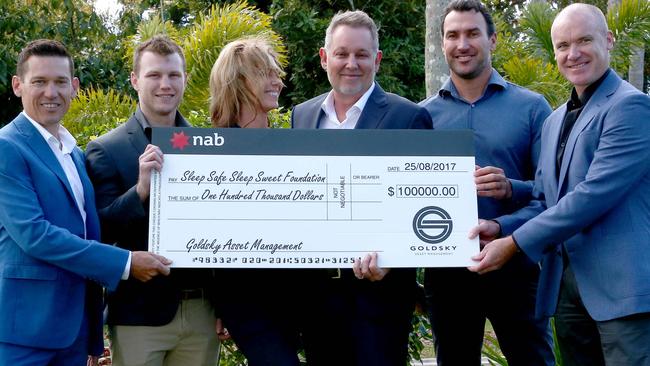
Parkinson was also an investor, however he pulled his money out before the collapse.
There was no suggestion of wrongdoing by the sports stars.
Smiling for the cameras with glamorous wife Jane, a sharp-suited Grace pledged $100,000 to kickstart the purported philanthropy, and promised 25 per cent of Goldsky’s ongoing client fees to the cause.
“An investment in Goldsky is an investment in curtailing the challenges faced by Australia’s homeless youth,” Ms Grace said at the time.
The charity, registered in the name of The Jane & Ken Grace Foundation, never lodged a financial report.

The Goldsky dream dissolved from October 29, 2018, when ASIC successfully applied for receivers to be appointed to the Goldsky companies.
Supreme Court-appointed receiver Anthony Castley found $23.4m had been raised from investors with about $14.9m returned to a lucky few.
Mr Castley estimated investors were owed $12.9m, but there was only $314,124 left in the Goldsky accounts.
The receiver’s affidavit said $6.85m had been paid out of Goldsky’s bank accounts including payments for the Kingscliff home and other personal costs.
More than $1.6m had been paid directly to Grace’s family members and subsequently spent on “jewellery, groceries, cosmetic procedures, beauty treatments, restaurants, clothing, furniture and home expenses, and entertainment tickets”, the receiver said.
Assets of the Goldsky companies and the Graces’ joint bank accounts were frozen in November and, by December, the companies were wound up and liquidator Chris Baskerville was appointed.
Mr Baskerville would later tell the Federal Court Goldsky had been used by Grace “as a vehicle to operate a Ponzi scheme”.
In January 2019, Grace and Goldsky’s legal woes went global, with the United States corporate regulator fining them $US75,000 ($107,000), finding the US-based Goldsky was being run there as a Ponzi scheme.
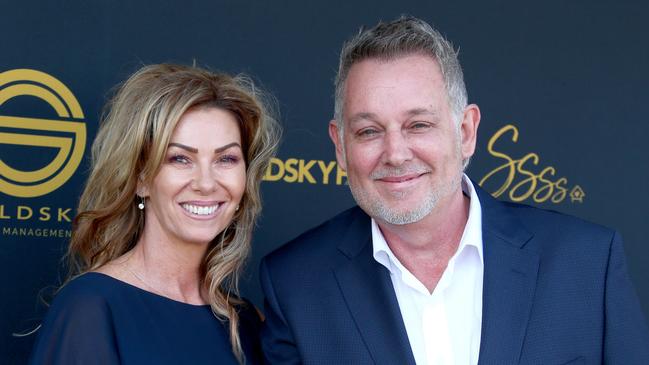
In May 2019, ASIC struck another blow.
Supreme Court Judge Peter Flanagan ruled three Goldsky companies had broken the law by running a financial services business while unlicensed.
The Judgement said “large sums of money” were transferred between three Goldsky accounts and personal accounts of Ken and Jane Grace.
A shortfall of $12.55m in investor funds remained, the Judgement said.
In July, Mr Baskerville petitioned for the couple to be declared bankrupt.
Three months later, Grace was shooting a hole in the casino room telly.
The couple, by then living on the Isle of Capri at Surfers Paradise, was declared bankrupt in December.
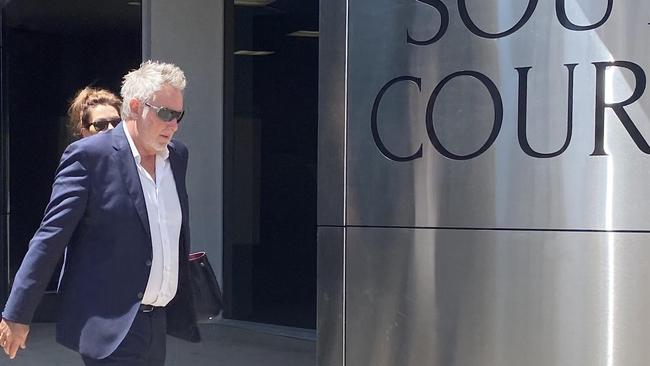
In Southport court over The Star gun drama in January 2020, Grace pleaded guilty to five charges.
Defence solicitor Michael Purcell, of Potts Lawyers, said his client was suffering from mental health issues at the time of the drama, describing it as a “personal matter”.
The court heard he had sought help for his illness.
Grace was sentenced to three months in prison, wholly suspended, and two years of probation for the five charges, which included dangerous conduct with a weapon, unlawful possession of a weapon, threatening violence and related offences.
Less than a month later, he was back in court.
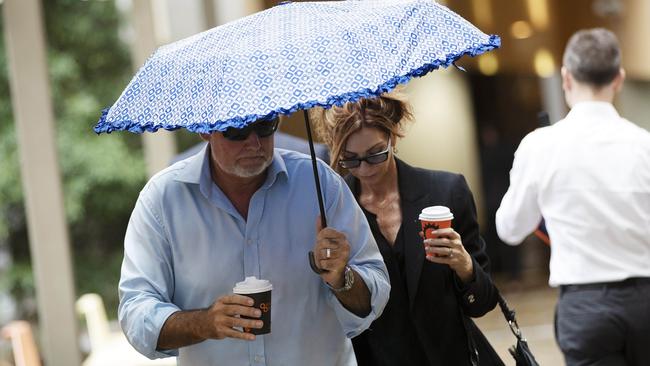
At Brisbane’s Federal Court for a public liquidator’s examination in February 2020, all trace of the once-powerful glamour couple was gone.
A clearly frazzled Ms Grace gesticulated at waiting photographers, while a bearded Grace hid under an umbrella – but the real show was yet to unfold inside the courtroom.
“It looked like a Ponzi scheme, but it wasn’t,” Grace told the court.
Ms Grace, who is not accused of wrongdoing, claimed the situation was a set-up and that the accounts had been hacked, a notion attacked as nonsense by ASIC’s lawyers.
When shown examples of the cosmetic clinics where the funds were spent, she said she “believed it was our money we were spending”.
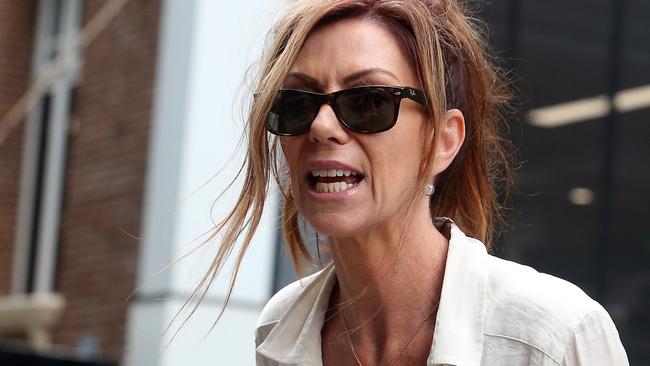
A former Goldsky staff member and witness at a second liquidator’s examination in July 2020 told the court he was still in touch with Grace who was by then “on the dole”.
As well as hearing about the Graces’ extravagant spending, the court heard some of what had happened in the wake of the companies being wound up.
Mr Baskerville alleged the couple had handed over jewellery, luggage, clothing and a Mercedes-Benz that had been bought with Goldsky funds to the liquidator – however many were cheap fakes.
The liquidator allegedly found many items, including a Rolex watch and Louis Vuitton loafers, were fake and as such held minimal value.
The returned items were only allegedly worth $18,000 and included a Rolex watch, an Audemars Piguet watch, Louis Vuitton luggage, seven Tiffany jewellery items and a Mercedes-Benz C200.
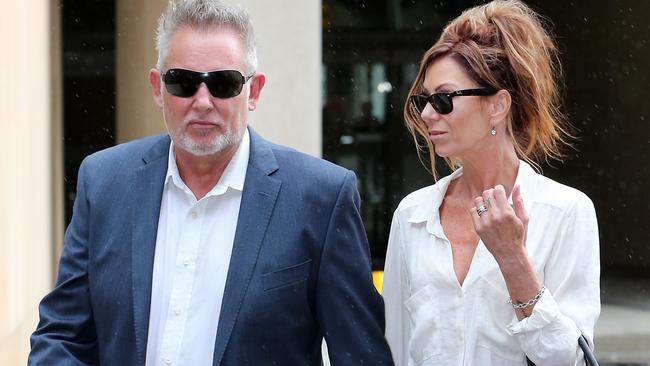
On 12 April 2021, four years after investors began pouring money into Goldsky, Grace was slapped with nine criminal charges.
Each of the eight counts of engaging in dishonest conduct carries a maximum penalty of 10 years’ jail.
Operating a financial services business without a licence carries a maximum of two.
Ms Grace was not charged.
After eight adjournments, Ken Grace pleaded not guilty to all counts and the matter was listed for a six-week trial in May.
However the players in this drama look to avoid another act as last Friday, Kenneth Charles Grace, 58, pleaded guilty to five of the dishonest conduct charges after striking a deal with ASIC. The remaining charges have been dropped.
A date for sentencing is yet to be set, with the case set for further mention in Sydney District Court on May 26.
If you need help, call Lifeline: 13 11 14, lifeline.org.au



